
The Degenerates: Music Suppressed by the Nazis
From the end of WWI until 1933, classical music in Germany, Austria, and Eastern Europe was flourishing, with composers such as Zemlinsky, Weill, Krenek, Korngold, Schreker, Schulhoff, Haas, Krasa, and Ullmann writing spectacularly innovative and thrilling music. The Nazis exiled or murdered many of these musicians while in power, but their music lives on. I've never found researching an episode so moving, enraging, and inspiring. Join us this week in this journey of rediscovery - you won't regret it!
12 Aug 20211h 1min
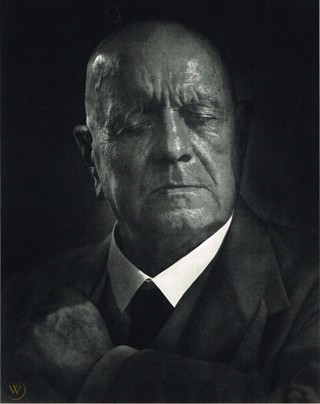
Sibelius Symphony No. 2
In 1901, in the throes of the Finnish Independence movement, Jean Sibelius composed his legendary 2nd Symphony. Sibelius' close colleague, the conductor Robert Kajanus, said that the symphony "strikes one as the most broken-hearted protest against all the injustice that threatens at the present time to deprive the sun of its light and our flowers of their scent." But is the symphony actually about Finnish Independence? Or was it simply, as Sibelius said, "a confession of the soul"? Join us for a deep dive!
5 Aug 202155min
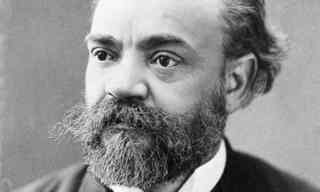
Dvorak Symphony No. 9, "From the New World"
Within three months of his arrival in New York, Antonin Dvorak was enamored with the sound of American music. Quickly he put forth what was at the time a controversial idea: "In the Negro melodies of America I discover all that is needed for a great and noble school of music..." This inspiration is threaded through almost every note of the New World Symphony, with a healthy dose of Dvorak's Bohemian roots and Germanic tradition as well! Join us as we explore this legendary masterpiece from every angle.
29 Jul 202158min
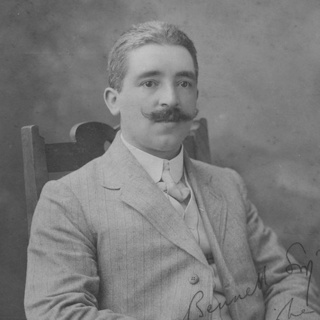
Havergal Brian, "Gothic Symphony"
Havergal Brian's ambitious Gothic Symphony has been called many things - massive, ambitious, barbaric, incompetent, insane, moving, brilliant, awful, torture, and much more. It is almost never performed due to the forces it requires and its two hour duration. Today on the show I'll tell you about the background to this monumental work, and then I'll try to walk you through the structure of this symphony. Like a Gothic cathedral, there are lots of corners to get lost in, but I'll try to keep you on the path!
22 Jul 20211h 9min

Bruckner Symphony No. 7
With the rise of Wagner, the symphony seemed to be left for dead. But one composer in particular, Anton Bruckner, decided to take the plunge back into the symphonic genre, though he did it with a markedly Wagnerian touch. His most popular symphony? The 7th. We'll talk about the connection between Wagner and Bruckner throughout the show, but we'll also explore Bruckner's distinctive orchestral sound, and how his music seems destined to be performed in a cathedral, always looking up into the sky in wonder.
16 Jul 202158min

A Conversation with Gabriela Lena Frank, Composer
Gabriela Lena Frank is currently serving as Composer-in-Residence with the storied Philadelphia Orchestra and was included in the Washington Post's list of the 35 most significant women composers in history, I've always been a huge fan of Lena Frank's music, and I was so thrilled to talk with her about how she approaches writing, the sense of fantasy that is so present in her work, the Gabriela Lena Frank Creative Academy, and her fascinating NY Times article about Beethoven's deafness. This is a fun one!
8 Jul 202134min
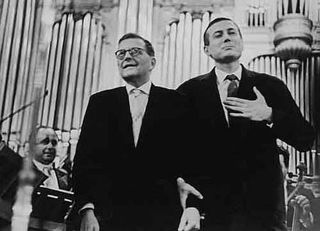
Shostakovich Symphony #13: "Babi Yar"
In 1961, a poem appeared by the young poet Yevgeny Yevtushenko, entitled Babi Yar. The first line of this poem is: "There are no monuments over Babi Yar." In September of 1941 at least 33,771 Jews were murdered at the Babi Yar ravine in Ukraine; the largest single massacre of Jews to that point in WWII. Shostakovich, moved by the bravery of Yevtushenko's poem, set it and 4 other Yevtushenko poems and created his 13th symphony. This is one of those unforgettable pieces - join me to learn all about it.
1 Jul 20211h 3min
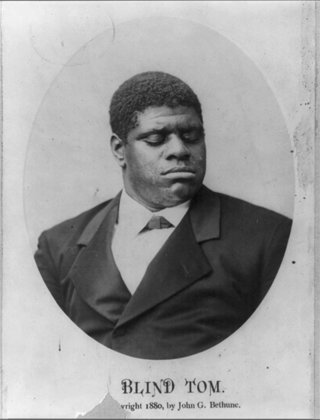
The Story of "Blind" Tom Wiggins, w/ Deirdre O'Connell
Never heard of Tom Wiggins? You're in for a treat with this episode! Tom Wiggins was a fantastic 19th century pianist and composer who was ruthlessly exploited by his owner/guardian on account of his race and his mental condition. He was known as one of the greatest performers of his era and yet was never paid for his work. I sat down with Deirdre O'Connell (The Ballad of Blind Tom) to talk with her about Wiggins' life and work. Also included are clips of his music, performed by the pianist John Davis.
24 Jun 202140min






















